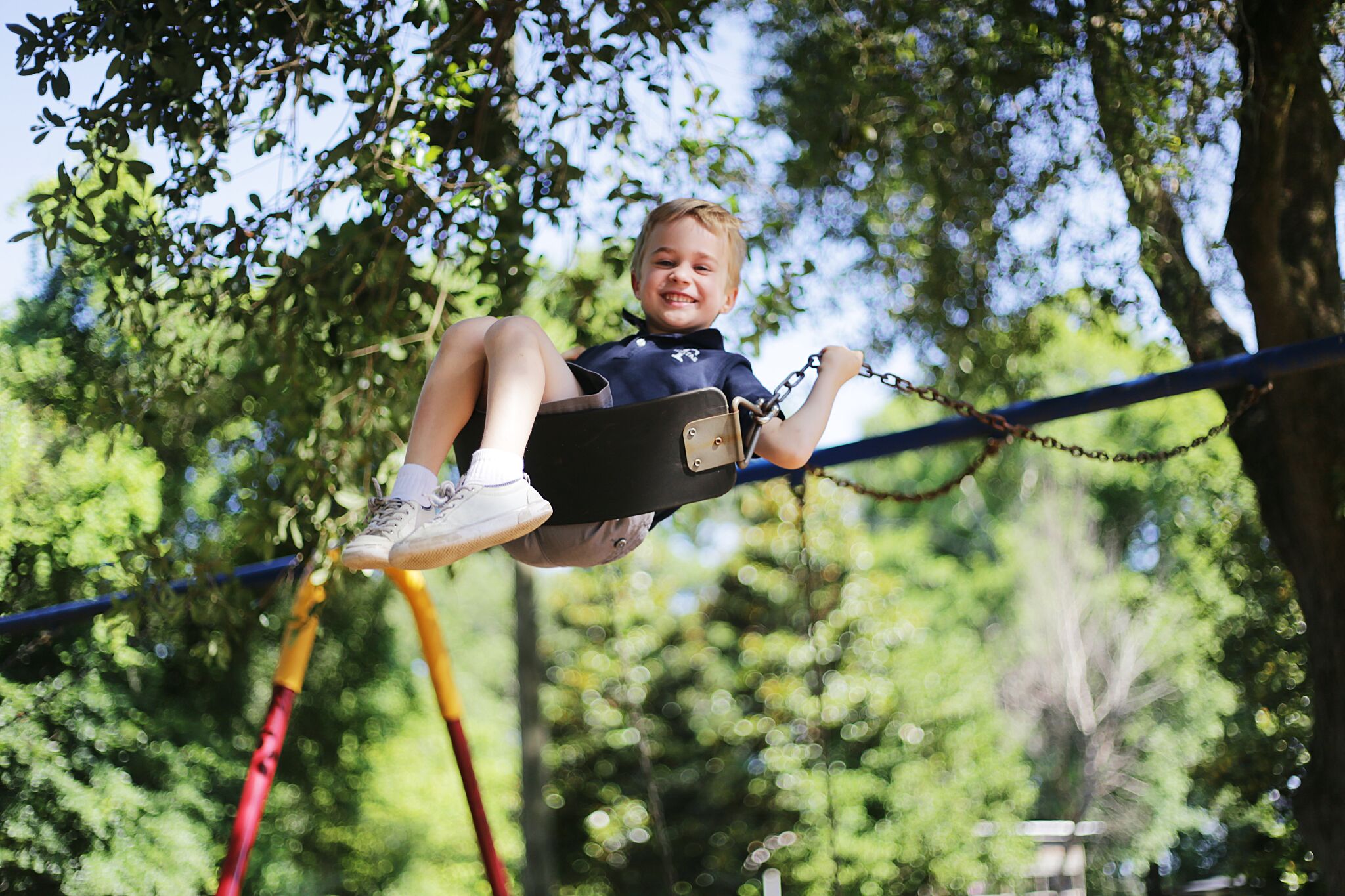One question parents should ask themselves is, “What do I really want from my child’s education?” This question is the first one parents should ask when enrolling their children in school for the first time, but it is also a good question to come back to each year. It is easy to think that we have to follow the same educational pattern that we grew up in or that everyone around us accepts as normal, but the truth is, we have options. In fact, never before have we had so many options in education, so parents are in the driver’s seat like never before. With so many options available, a few clarifying questions are in order:
Topics: Blog Posts, Parenting, Christian Education, True Education, Parent Involvement, Admissions
If you have stumbled upon this blog, there is a good chance you are trying to make a decision about your child’s education. Should you send her to a public school like most everyone else you know, or should you spring for a Christian school? Make no mistake, this is one of the two or three most important decisions you will ever make. No pressure, right? If you are a Christian, there are a lot of reasons you should consider a Christian education over a secular one. Here are three that top my list.
Topics: Blog Posts, School Life, Parenting, Scripture, Christian Education, True Education, Admissions, Virtue
I recently had the opportunity to sit down with Trinitas alumna Mekenzie Petersen ('20) to discuss her recent academic accomplishments. By the end of our conversation, I clearly understood that she has her sights set on something greater than attending medical school this fall. A transcription of our conversation is below so you can decide for yourself.
Topics: Blog Posts, School Life, Parenting, Classical Education, Alumni, Christian Education, True Education, College Admissions, Christian Living, Virtue
I’ve been thinking recently about how impressionable our children and students are. A verse often directed toward parents and teachers is Luke 6:40 “A disciple is not above his teacher, but everyone who is perfectly trained will be like his teacher.” Be honest. Does that frighten you as badly as it does me?
Topics: Blog Posts, Parenting, Scripture, Christian Living, Virtue
Three Reasons You Should Observe Advent with Your Children
In spite of Christmas displays in the stores in October and continuous Christmas music on the radio since the day after Thanksgiving, it isn’t Christmastime yet. According to the historical calendar of the Christian Church, we are currently in the season of Advent. Taken from the Latin, adventus, meaning coming or arrival, Advent is the season leading up to Christmas that is symbolic of the world’s longing and waiting for the promised Messiah of God who would take away the sins of the world. Though it is often unobserved in Evangelical circles today, I want to offer just three reasons why we should consider observing Advent with our children.
Topics: Blog Posts, School Life, Parenting, Christian Living, Social Issues
One of the great challenges for a Classical Christian school has always been navigating the world of college admissions. What we do in the classroom sounds foreign to admission officers who have reviewed thousands of applications from the Industrial-Model Public School which is prevalent today. Translating what we do at a school like Trinitas has long been something of a Herculean task, but we have made it work.
Topics: Blog Posts, Classical Education, College Admissions, Grades, Admissions
This Friday marks the 7th year in row that we have gathered for LoveThyNeighbor. To give perspective on that period of time, consider that our graduating seniors were cute little 6th graders when we first started down the LTN path. Every time I see one of the old-school t-shirts from the first year, I remember the excitement that filled the Grand Hall as almost 300 of us went out into the greater Pensacola area to do acts of service for over a dozen local non-profit organizations.
Topics: Blog Posts, School Life, Community Service, Christian Living
(This article was recently featured on Jarrod Richey's Substack "Musically Speaking." We are publishing here as an introduction to Mr. Richey ahead of his visit to Trinitas this week.)
A Crisis of Singing Among Men
In many Christian circles today, there is a persistent misconception about male voices, especially those of adolescent boys. A muddled view of masculinity often leads to the belief that skilled singing, particularly in higher registers, is somehow unmanly. Fathers, as mature adults, are commonly associated with low voices, beards, a commanding presence, and other similar masculine traits, which can reinforce the idea that boys wanting to be like their fathers should avoid singing high notes. As such, some fathers may even somewhat discourage their sons from singing during and after the “wilderness” months of the voice change, directing them toward other activities they see as forming boys more fully for manhood. Yet our Heavenly Father creates all things well, including our voices and their seasons of transition. As Christians seeking maturity in our understanding, we should embrace the “death and resurrection” built into the changing male voice and see it as a God-given opportunity to challenge boys into becoming the young men He calls them to be.





.jpeg)




